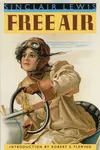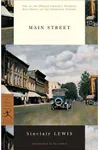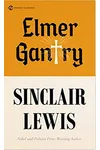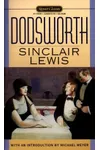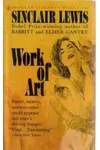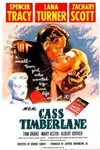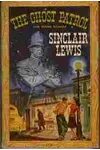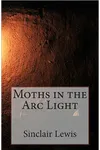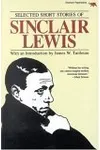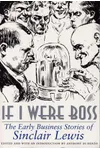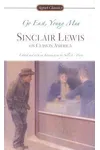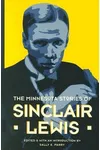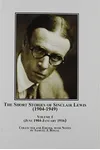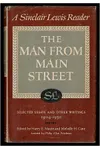Picture a sharp-witted American novelist who turned small-town life into a mirror for society’s quirks—meet Sinclair Lewis! Born in 1885, Lewis became the first American to snag the Nobel Prize in Literature in 1930, wielding his pen to craft biting social satires like Main Street and It Can’t Happen Here. His stories, laced with humor and heart, still spark conversations about the American Dream.
The Making of Sinclair Lewis
Growing up in Sauk Centre, Minnesota, young Sinclair was a bookish dreamer in a sleepy town he’d later immortalize. The son of a country doctor, he soaked up the quirks of rural life, which fueled his knack for storytelling. After studying at Yale, Lewis dabbled in journalism and odd jobs, honing his craft. His early novels, like Our Mr. Wrenn, hinted at the piercing wit that would define his career.
Sinclair Lewis’s Unforgettable Stories
Lewis’s breakthrough came with Main Street (1920), a razor-sharp satire of small-town conformity that struck a chord with readers. The story of Carol Kennicott, a free-spirited woman clashing with her provincial town, captured the tension between individuality and tradition. Babbitt (1922) followed, skewering the hollow materialism of middle-class America through the lovably flawed George Babbitt. In It Can’t Happen Here (1935), Lewis’s chilling dystopia imagined a fascist takeover in the U.S., a warning that feels eerily prescient today. His style—wry, observant, and packed with vivid characters—blended humor with social critique, making complex issues accessible and engaging.
Lewis didn’t shy away from taboo topics. Elmer Gantry (1927) took aim at religious hypocrisy, exposing the flaws of a charismatic but corrupt preacher. His ability to weave personal struggles, like his own battles with alcoholism, into universal themes gave his work depth and relatability, cementing his place in literary history.
Why Sinclair Lewis Matters
Lewis’s legacy lies in his fearless dissection of American culture. His novels challenged readers to question conformity, consumerism, and political complacency, themes that resonate in today’s polarized world. As the first American Nobel laureate, he paved the way for writers to tackle social issues with wit and heart. Scholars and readers still turn to Lewis for insights into the complexities of democracy and the human spirit.
About Sinclair Lewis
- Born: February 7, 1885, in Sauk Centre, Minnesota
- Key Works: Main Street, Babbitt, It Can’t Happen Here, Elmer Gantry
- Awards: Nobel Prize in Literature (1930), Pulitzer Prize (declined, 1926)
- Died: January 10, 1951, in Rome, Italy
Ready to dive into a world of wit and wisdom? Grab Main Street or It Can’t Happen Here and discover why Sinclair Lewis’s stories still pack a punch!





